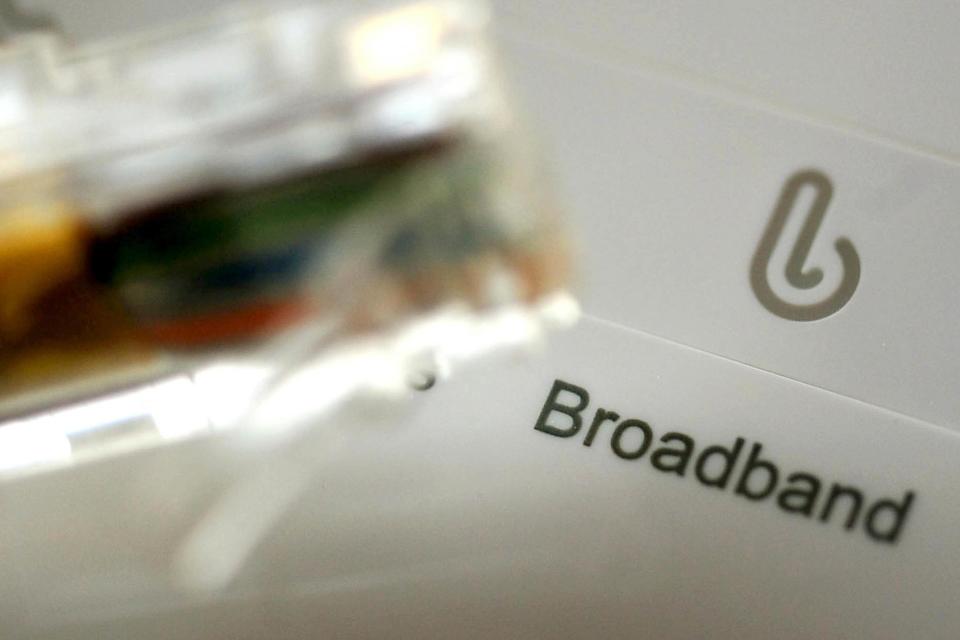The streets in the UK with the fastest and slowest internet have been revealed

The streets with the slowest and fastest internet speeds from across the UK have been revealed after new research.
Residents of Greenmeadows Park in Bamfurlong, Gloucestershire have the slowest broadband speeds with just 0.14 megabits per second (Mbps).
In comparison, residents in Abdon Avenue in Birmingham have downloads speeds of 265Mbs, making them nearly 2,000 times faster.
uSwitch, who carried out the research, said residents in Greenmeadows Park would have to wait more than four days, or 102 hours, to download a two-hour high definition film on Netflix, while Abdon Avenue residents would have to wait only four minutes.
It found that more than a quarter of homes still receive speeds of less than 10Mbps - which has been defined by Ofcom as the minimum required for a decent browsing experience - while one in eight cannot even exceed 5Mbps.
The research also showed that almost a third of users now receive speeds of over 30Mbps, which is up from 22 percent three years ago.
However, it does indicate that even though 95 percent of properties in the UK are now able to access superfast broadband of at least 24Mbps, only 56 per cent of Brits believe this is available in their area.
Broadband expert at uSwitch Dani Warner said: "Over a third of the slowest streets have access to superfast speeds, so people living there have no need to be crawling along on completely unusable internet services.
"The industry should be doing more to help consumers understand what sort of broadband they can get at home."
Thinkbroadband, which uses crowdsourced data to create its own map of the country, reviewed some of uSwitch's findings and suggested they contain anomalies and may be misleading.
It said some streets' speeds have been recorded as being faster than any local service could provide, while others appear to be very slow despite speedy fibre-to-the-premises connections being on offer, the BBC reported.
"They need to distinguish between slow streets and streets that are slow because no-one has upgraded," Thinkbroadbrand's editor Andrew Ferguson said.

 Yahoo News
Yahoo News 